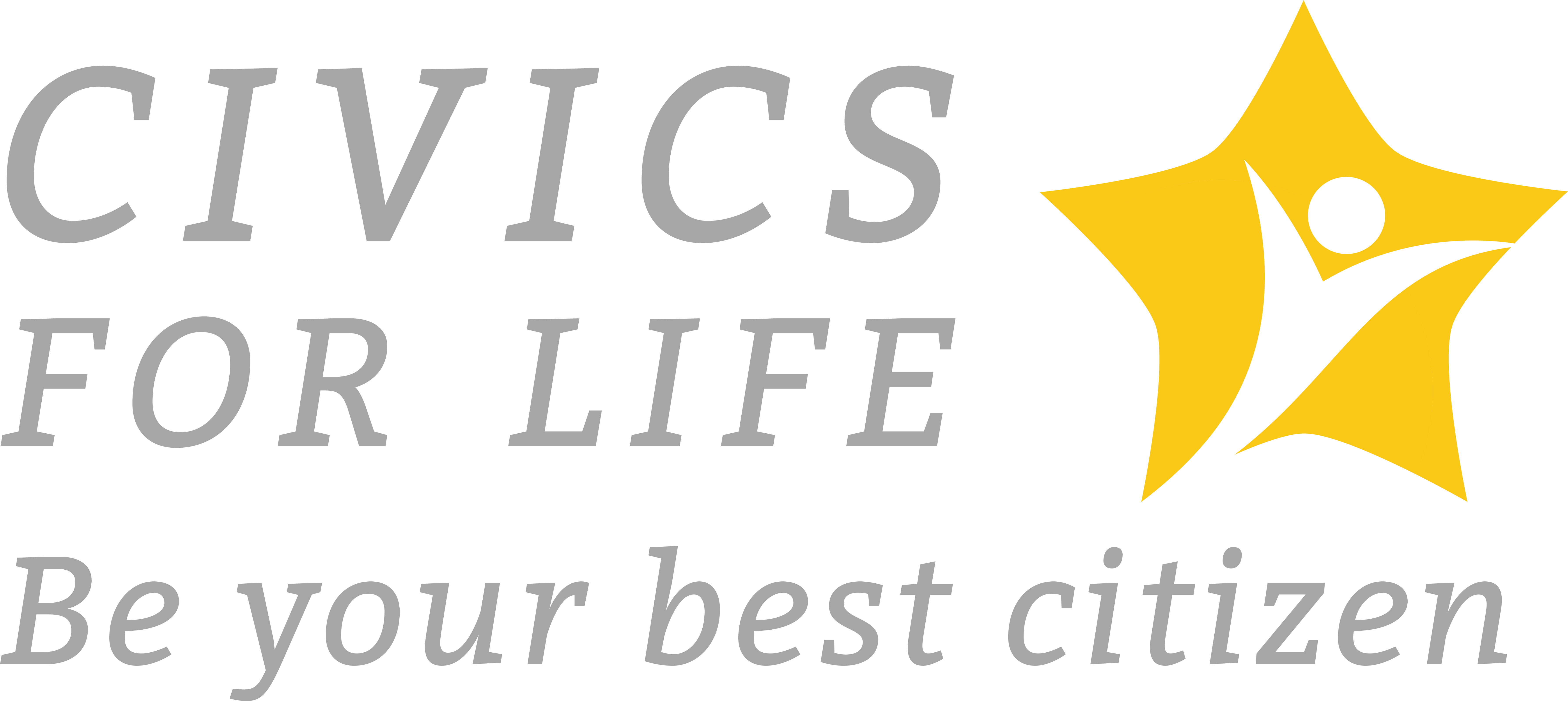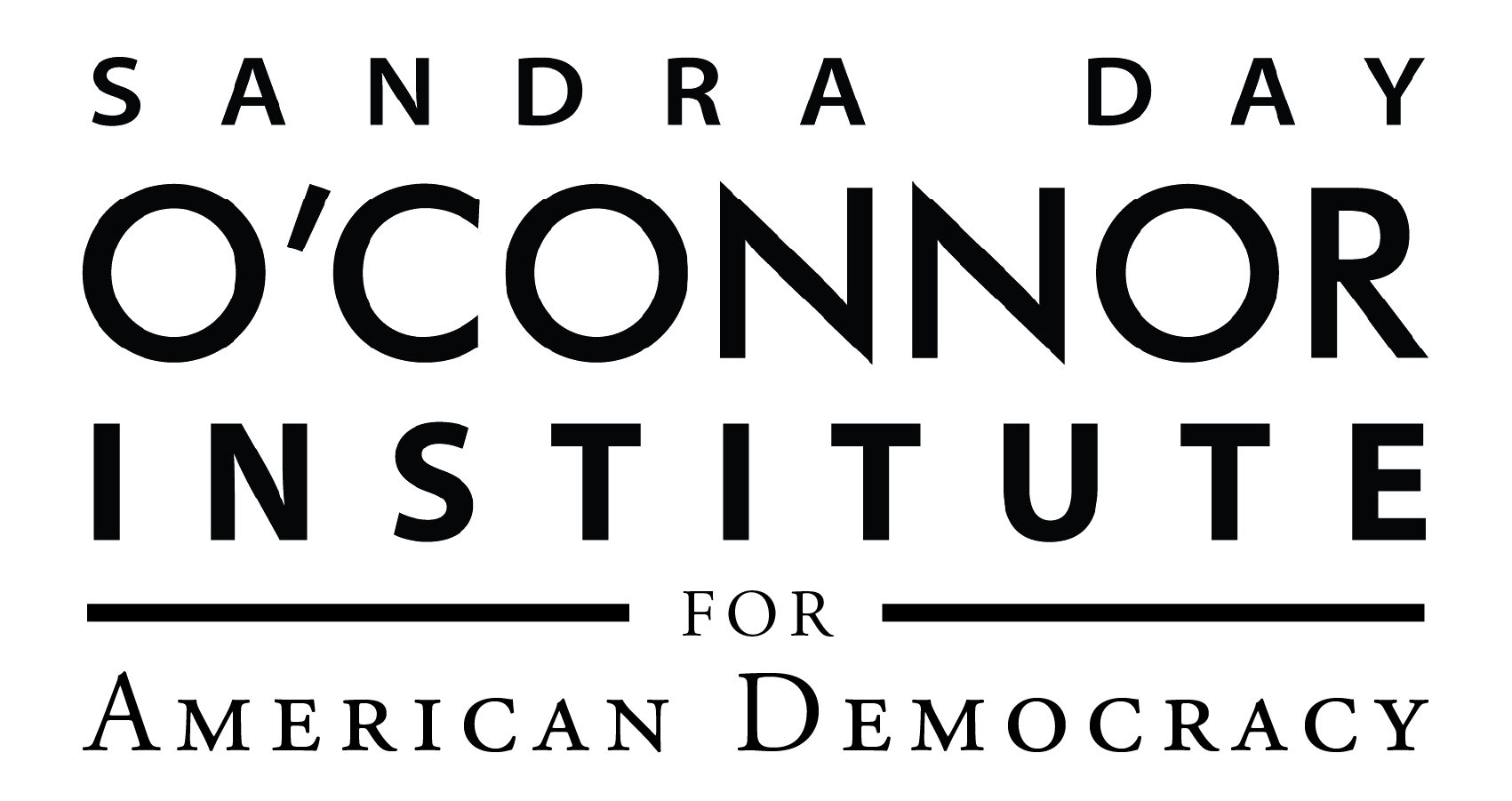Posts by bmaynard
Truman’s Executive Order 9981
Executive Order 9981, a groundbreaking rule aimed at eradicating racial discrimination and segregation in the U.S. Armed Forces, was issued by President Truman on July 26, 1948. During World War II, minorities, especially African Americans, served in segregated military forces. Despite their contributions to the war effort, they were subjected to prejudice and received unfair…
Read MoreGeorge Washington and the Residence Act of 1790
The Residence Act of 1790 was a significant piece of legislation signed into law by President George Washington on July 16, 1790. It established the permanent seat of the United States government and laid the groundwork for creating the District of Columbia. During the early years of the United States, the location of the national…
Read MoreA Celebration of the Life and Legacy of Justice Sandra Day O’Connor
By: Namosha Boykin and Kelechukwu Chidi Onyejekwe And we are so blessed in America that we’ve had Justice Sandra Day O’Connor, her leadership changed so many of our lives in this room, in this country, and around the world. -The Panel, Legacy of Justice Sandra Day O’Connor, AJEI Summit 2022 Justice Sandra Day O’Connor needs…
Read MoreCivics for Life Quarterly, Issue 1
In today’s edition you’ll find an exclusive taped interview with Dr. Anthea Hartig, the first woman director of the Smithsonian Institution’s National Museum of American History; four questions on ranked-choice voting (RCV) with Kevin Meyer, lieutenant governor of Alaska 2018-2022 where RCV voting takes place; and an essay, “Why Civics, Why Now?” We hope you enjoy the Quarterly and subscribe.
Read MoreCompromises in the Creation of the U.S. Constitution
The United States Constitution was created through a series of compromises among the delegates to the Constitutional Convention of 1787. The delegates, representing 12 of the 13 original states, met in Philadelphia to revise the Articles of Confederation, which had been the governing document of the United States since the American Revolution. However, the delegates…
Read MoreJohn Locke: The 17th Century Philosopher who Shaped American Thought
In her book America’s Philosopher: John Locke in American Intellectual Life, Claire Rydell Arcenas seeks to better understand and illuminate the crucial 17th century philosopher by showing how he influenced Americans at different historical moments. Widely known as the founding father of modern “liberal” thought, Locke pioneered the ideas of natural law, social contract, religious toleration, and the right to revolution that proved…
Read MoreThe Pros and Cons of Open Primaries and Ranked Choice Voting
Do open primaries and ranked choice voting have the potential to improve American elections, or will they create more problems than they solve? Kevin Meyer, former lieutenant governor of Alaska; Steve Goldstein, executive director of Save Democracy AZ; and Jaime Molera, former Arizona superintendent of public instruction, join the O’Connor Institute Civics for Life webcast to discuss the issue.
Read MoreHow To Become Civically Engaged
A list of links for each state, on how to register to vote
Read MoreWhat is the difference between the CIA and FBI?
The Central Intelligence Agency (CIA) and the Federal Bureau of Investigation (FBI) are both intelligence and law enforcement agencies of the United States government, but they have different mandates, responsibilities, and areas of focus. What is the FBI? The Federal Bureau of Investigation (FBI) is the primary intelligence and law enforcement agency of the United…
Read MoreDo You Know A Civic Engagement Hero?
Do you know a shining example of civic engagement and volunteerism? We would love to know more.
Read More
